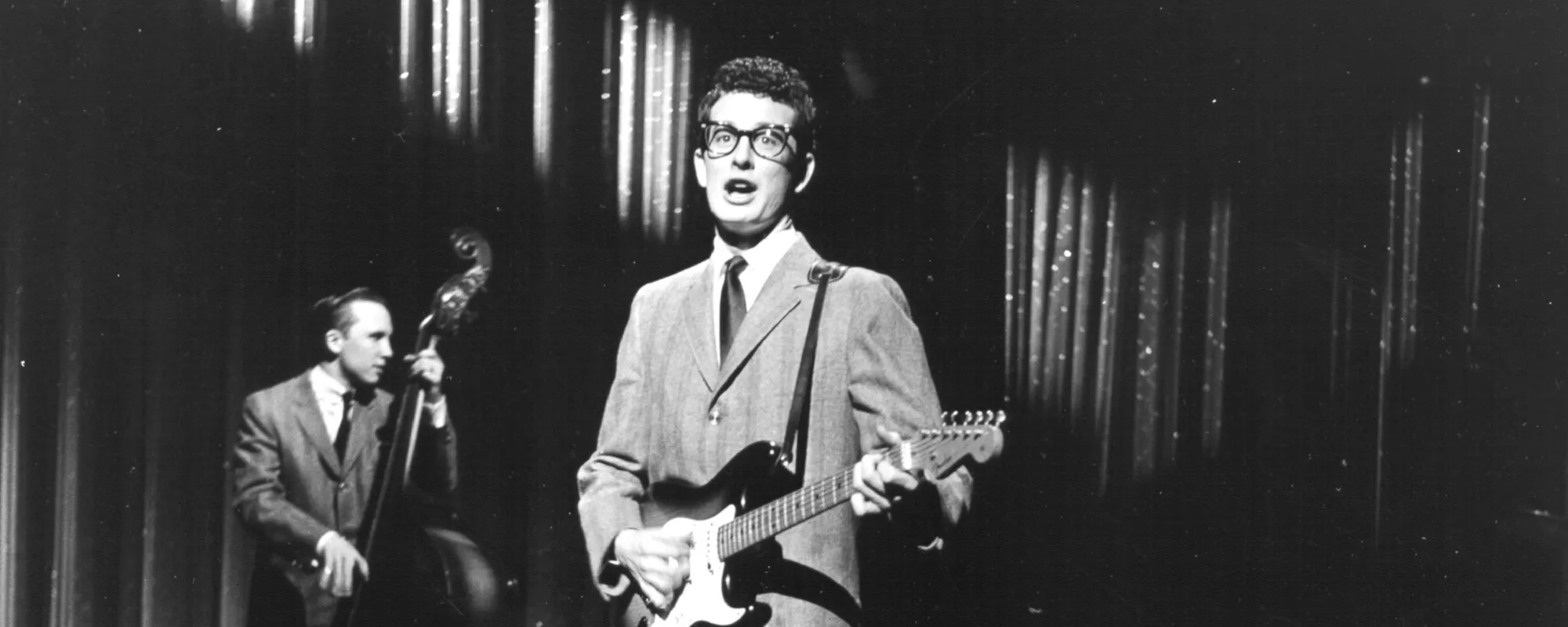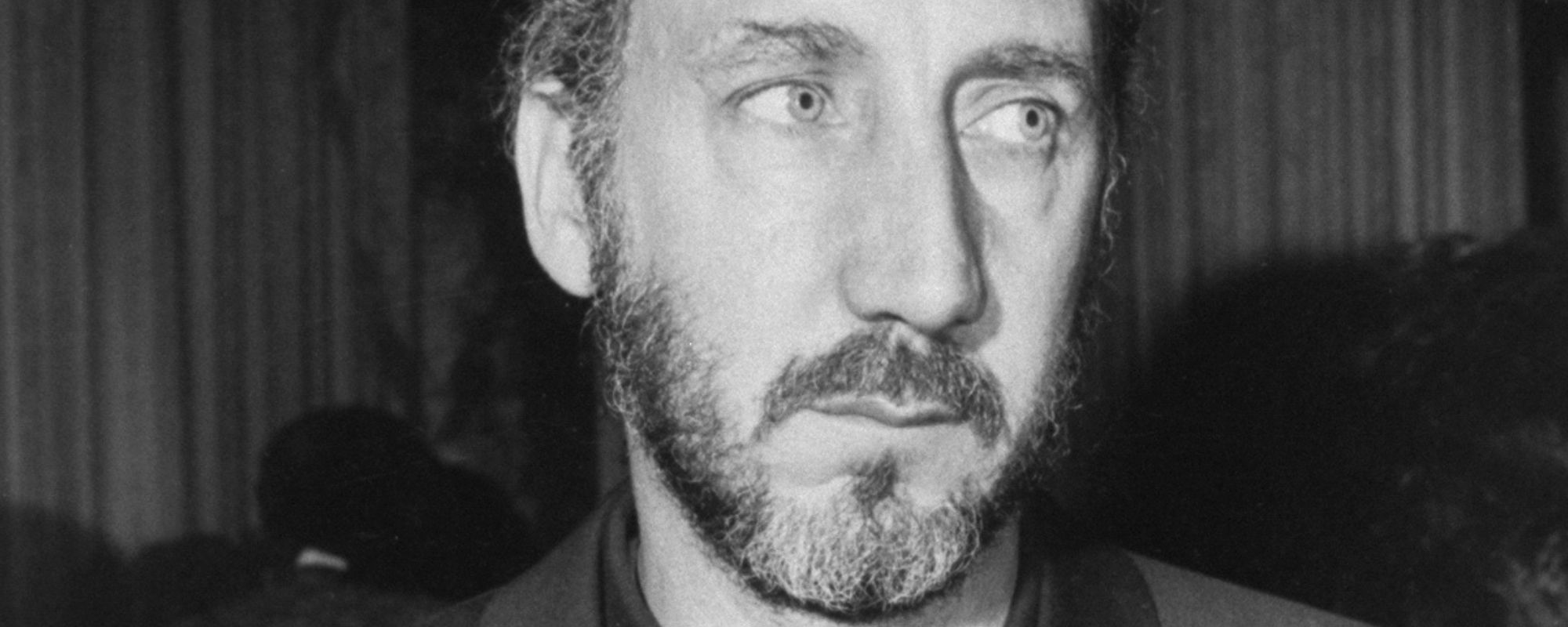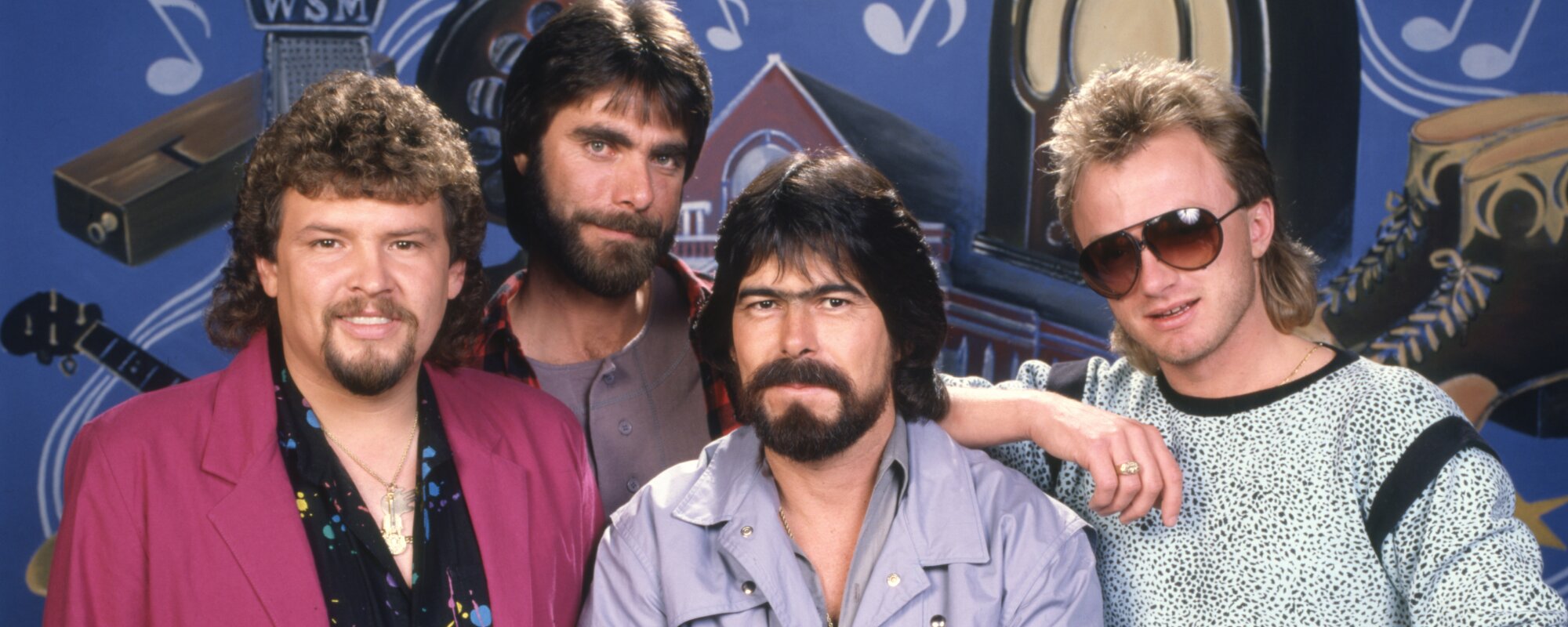Kurt Cobain was born in 1967, which meant he grew up under the shadow of popular rock bands of the day like Led Zeppelin, Aerosmith, and the Rolling Stones. Of course, Cobain would go on to help define a new subgenre of rock ‘n’ roll, leading the rise of the grunge movement in the late 1980s and early 1990s with his pioneering band Nirvana. And while it wouldn’t be unreasonable to draw connections between Cobain’s childhood love of 1970s and early 1980s rock music, the opposite is actually more accurate.
Videos by American Songwriter
If anything, this specific era of rock music acted as a sort of magnet, repelling the Nirvana frontman away from certain musical or social tropes, particularly having to do with toxic masculinity and misogyny. If Cobain had actually been a bigger fan of Led Zeppelin, who knows how his music would’ve turned out.
Why Kurt Cobain Disliked Led Zeppelin So Much
British rock band Led Zeppelin has a vast musical catalogue that includes driving rockers, sentimental ballads, reggae bops, and mythical tales that Robert Plant sings over ominous guitar riffs. Simply put, there’s a little something for everyone and Nirvana frontman Kurt Cobain was certainly no exception. In a 1993 interview with Blank on Blank, Cobain talked about how he enjoyed listening to the melodies from bands like Led Zeppelin and Aerosmith that were at the height of their fame when he was a kid.
“It took me so many years to realize that a lot of it had to do with sexism,” Cobain said. “The way that they just wrote about their d***s and having sex. I was just starting to understand what really was p***ing me off so much those last couple years of high school. And then punk rock was exposed, and then it all came together. It just fit together like a puzzle. It expressed the way I felt socially and politically. Just everything, you know. It was the anger. The alienation.” Before long, Cobain was translating that alienation into music for others to relate to and find solace in via bands like Mudhoney and Nirvana.
Cobain spoke often about his disdain for misogyny and corporate servitude, calling out bands like Pearl Jam, much to the fellow West Coasters’ chagrin. The Nirvana frontman sang the praises of other rock-adjacent acts like the Pixies, the Breeders, R.E.M., Dinosaur Jr., and Captain America. These acts talked about things that were vastly more important to Cobain than maintaining gender stereotypes.
The Nirvana Frontman Replaced Machismo With Moodiness
Defining an entire musical genre is no small feat, but Nirvana managed to accomplish this monumental task by redefining the idea of what a rock star should be or act like. Kurt Cobain was a far cry from the flamboyant sexuality of 1970s frontmen like Mick Jagger, Robert Plant, and Steven Tyler. Nirvana’s lyrics were painfully self-aware, defiant, and more than a little melancholy. Compared to the popular tropes of 1970s rock (namely, pursuing attractive women and having them pursue you back), Nirvana was downright dark.
Given how Cobain reacted to these ideas of overt masculinity, it’s unsurprising that he would be one of the vanguards ushering in a new era of rock stars. “I definitely have a problem with the average macho man,” Cobain told Rolling Stone in 1992. “The strong oxen working-class type. They have always been a threat to me. I’ve had to deal with them most of my life being taunted and beaten up by them in school, just having to be around them and be expected to be that kind of person when you grow up. I definitely feel closer to the feminine side of the human being than I do the male. Or the American idea of what a male is supposed to be.”
Indeed, Cobain’s aversion to traditional machismo and a passionate drive to speak out on political and social injustices helped form the foundations of the grunge music his band, Nirvana, helped define. If Cobain had listened to his Led Zeppelin tapes in high school and thought, ‘These must be the coolest men on the entire planet,’ who knows what would have happened to Nirvana—or if it would have existed at all.
Photo by Jeff Kravitz/FilmMagic










Leave a Reply
Only members can comment. Become a member. Already a member? Log in.